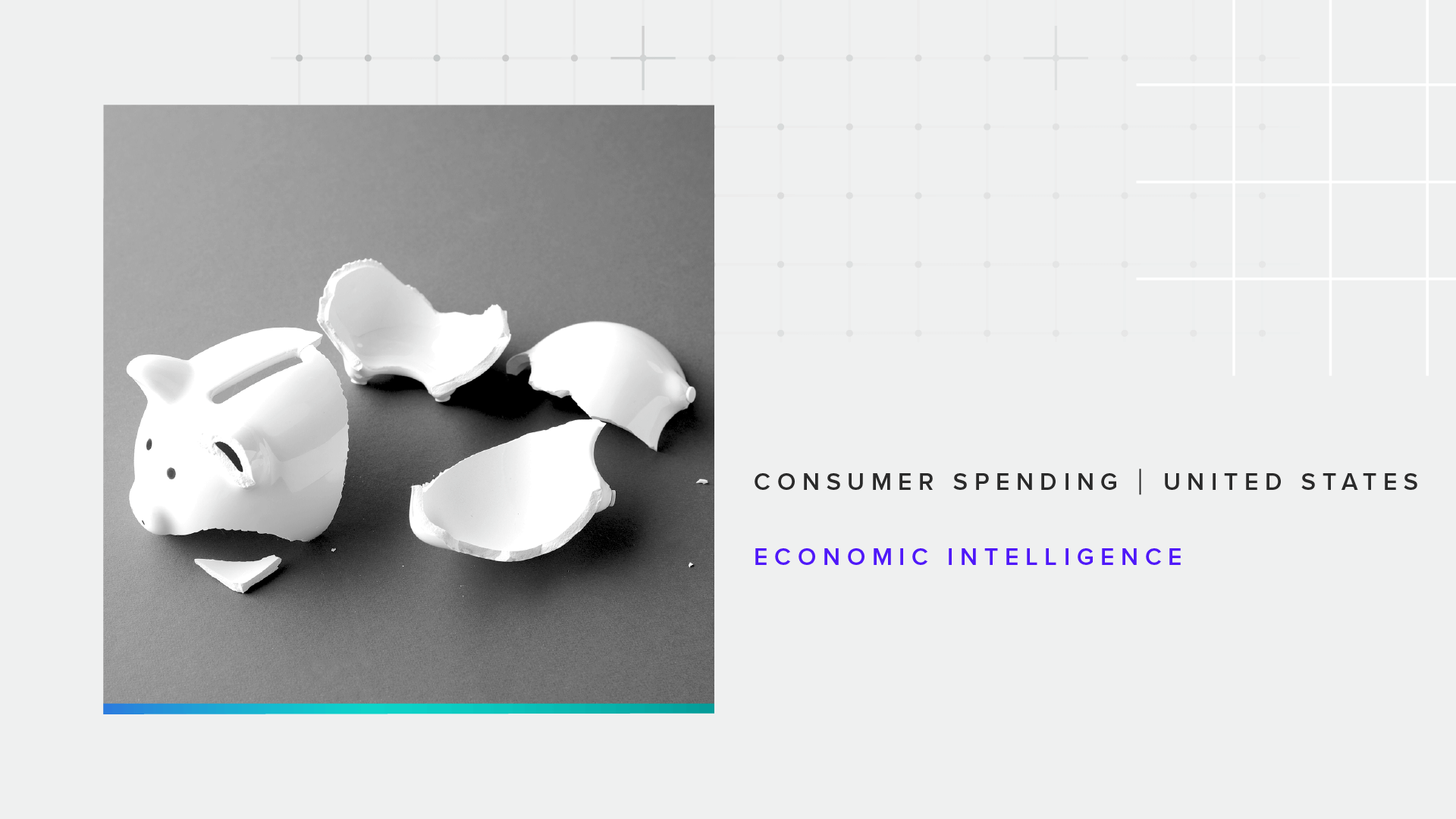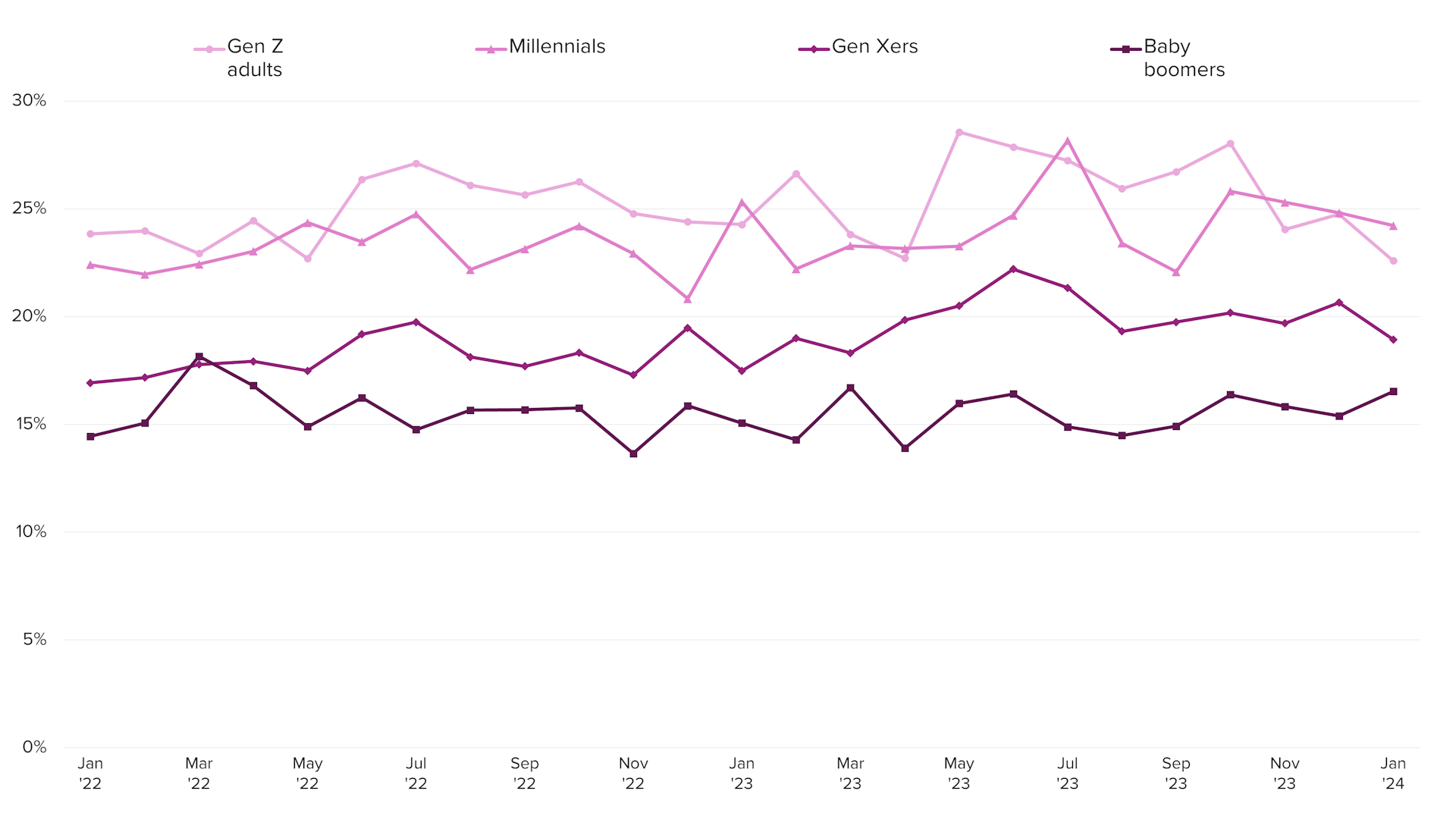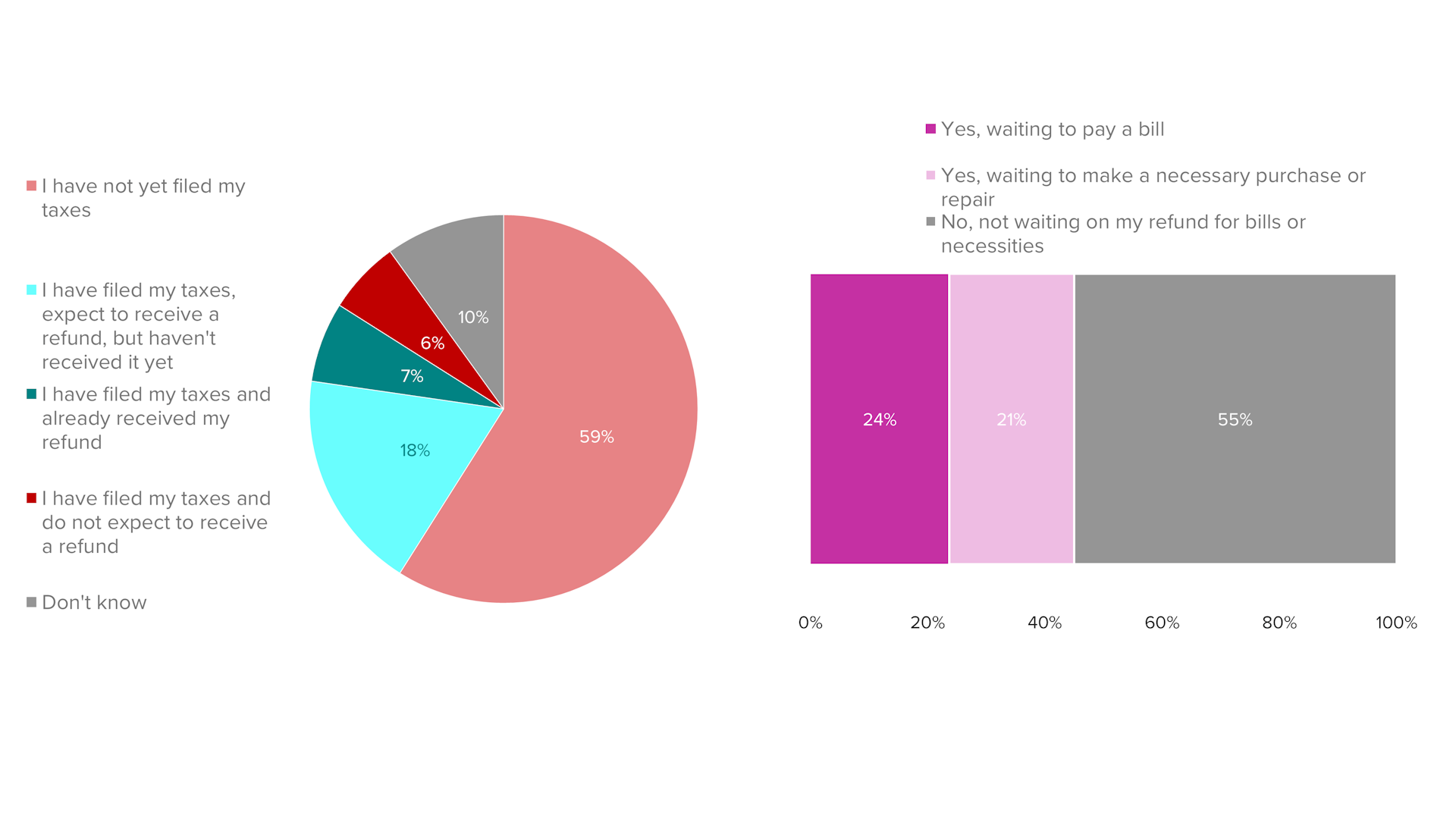Consumers Continue to Spend into the New Year, but Are Pulling Back on Discretionary Categories

Key Takeaways
Spending strength from the end of 2023 persisted into the new year.
Younger adults continue to outspend older generations on discretionary goods and services but are increasingly allocating a smaller share of budget to this category.
Rising incomes help bolster most consumers even as some of them report more debt.
This memo offers a preview of Morning Consult’s February U.S. Consumer Spending and Household Finance Report. Morning Consult Economic Intelligence subscribers can access the full report here.
For many goods and services, consumer spending strength has carried into the new year: Americans increased spending in January after adjusting for inflation and seasonality. Younger consumers are reallocating their budgeting priorities away from nonessential purchases and increasing payments towards debts such as student loans. Higher incomes are keeping consumer spending growth strong, but some downside risks, like growing credit card debts, are manifesting amongst lower earners.
GenZers Allocate a Smaller Share of Their Budget to Discretionary Spending Compared to Last Summer

In mid-2023, consumers were splurging on discretionary spending, especially Gen Z adults and Millennials. Generally, younger generations allocate a larger share of their budget to discretionary spending. GenZers, in particular, tend to allocate a larger share of their overall budget to nonessential spending: from March to September in 2023, GenZers spent over 25% of their budget on discretionary goods and services. At the same time, baby boomers allocated just about 15% of their spending to nonessentials.
In recent months, both GenZers and Millennials have reduced the share of spending allocated to discretionary goods and services, particularly GenZers. After months of splurging, perhaps younger consumers are feeling the pressure to cut back. In addition, younger generations are more likely to have student loans, and monthly debt payments for student loans are climbing, perhaps leaving less room for ‘fun’ spending. However, despite recent pullbacks, GenZers and Millennials still outspend older generations for most discretionary categories, particularly for apparel, furniture, hotels, and recreation.
Only 7% of Consumers Have Already Received a Tax Refund; Nearly Half Are Waiting on Refund for Bills or Necessities

As we enter the new year, US adults are beginning to file their taxes. While 31% of consumers report having filed their taxes already, only 7% have received a refund so far. Meanwhile, 18% of respondents expect to receive a refund but have not yet received it. In 2024 the IRS began accepting filings a week later than the previous year, so the share of consumers filing this year is lower than at the same time last year.
Nearly half of all consumers are waiting on a tax refund to make a necessary purchase or pay a bill, suggesting that as refunds trickle into the hands of consumers, some of that cash will be put back into the economy. As more consumers receive their money in the coming months, we will get a better idea of how they are allocating these extra earnings.
Sofia Baig is an economist at decision intelligence company Morning Consult, where she works on descriptive and predictive analysis that leverages Morning Consult’s proprietary high-frequency data. Previously, she worked for the Federal Reserve Board as a quantitative analyst, focusing on topics related to monetary policy and bank stress testing. She received a bachelor’s degree in economics from Pomona College and a master’s degree in mathematics and statistics from Georgetown University.
Follow her on Twitter @_SofiaBaig_For speaking opportunities and booking requests, please email [email protected]